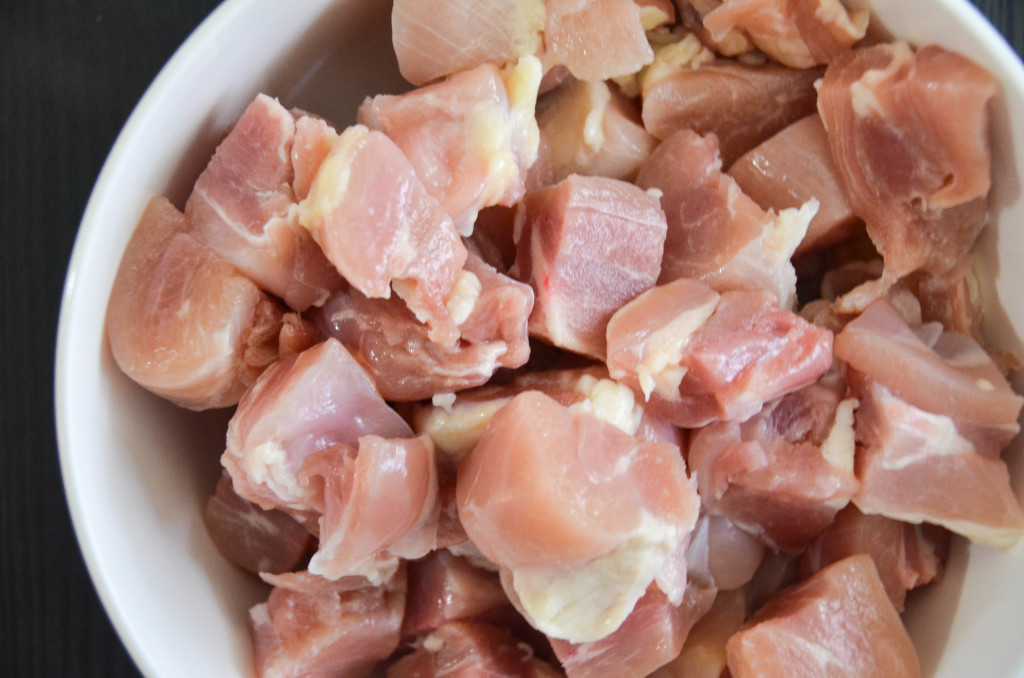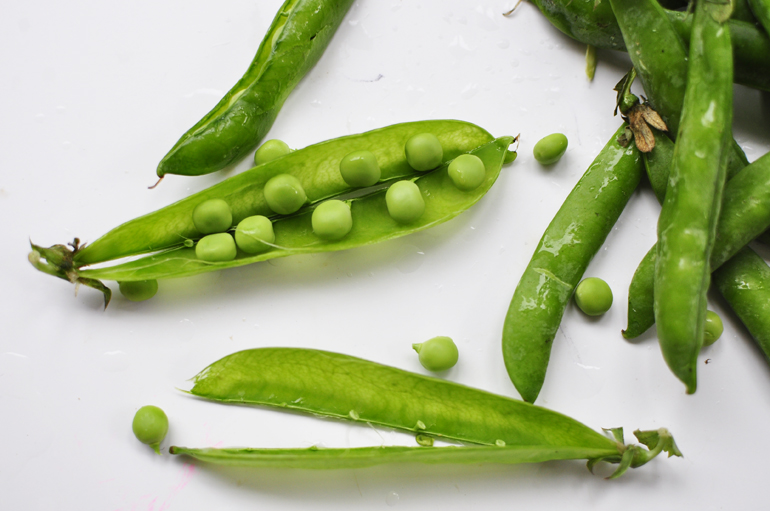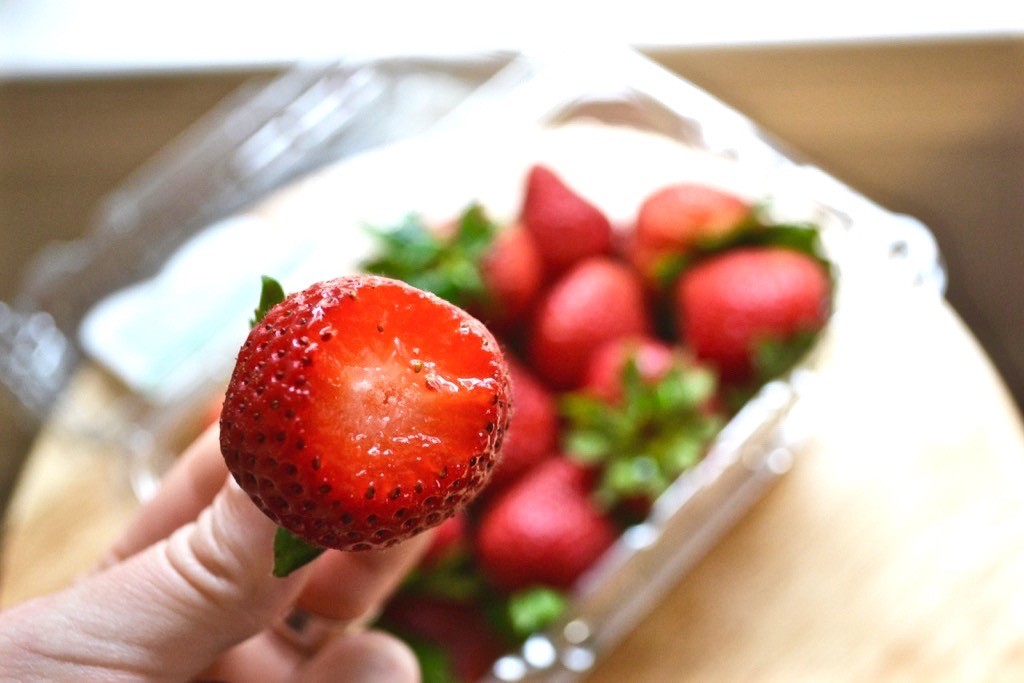I used to be able to eat anything. With a stomach made of steel, I would consume whatever I wanted and leave the rest to my digestion to figure out. But with a family history of IBS (Irritable Bowel Syndrome) and other digestive issues, I knew I wouldn’t always be so lucky.
Around my sophomore year of college, I began struggling with my digestion. I could no longer eat whatever I wanted and feel fine afterwards. In fact, it seemed like no matter what I ate, my body was not happy.
Constantly bloated and uncomfortable, I began to become increasingly frustrated with my body. Food became the enemy and we were constantly at war. I thought that I was eating all of the right things — lots of fruits, vegetables, whole grains and proteins. What I didn’t realize was that it wasn’t what I was eating, but how I was eating it that was causing my digestion to backfire.

GIF courtesy of giphy.com
As I became increasingly determined to eliminate the discomfort and annoyance that seemed to follow after every meal, I decided to take matters into my own hands and research ways to win the battle over my digestion.
I discovered a practice known as “Food Combining,” as explained in Jolene Hart’s book, Eat Pretty. This theory focuses on how you pair your foods, factoring in time to digest as well as enzymes needed to digest. It comes down to three general rules:
Chicken And Starch Are Enemies

Photo by Jocelyn Hsu
Chicken or pasta? Take your pick. When you eat protein and starches together, they tend to neutralize each other and slow digestion. Proteins require different acids in the stomach and can take up to three hours to digest, whereas carbohydrates begin to break down immediately when they come in contact with alkaline enzymes in the mouth.
Choosing to eat something like spaghetti bolognese will require a lot of energy for your body to process, so if you’re noticing that you are increasingly tired after consuming meals like this, try keeping your proteins and carbohydrates separate for the most part and see how your body reacts.
Vegetables Are Forever Friends

Photo by Jenny Georgieva
Didn’t your mom always tell you that? Non-starchy vegetables especially (like leaf vegetables) since they digest well in an acid or alkaline environment. Mix them with either proteins or starches, and be sure to cook them for even easier digestion. Try to save starchy vegetables (your sweet potatoes, squash, peas) for starchy meals, since they require the same enzymes as typical carbohydrates to process, but nbd if not.
Fruits Are Forever Alone

Photo by Kirby Barth
Fruit digests quickly, so by letting it chill in your stomach behind foods that take too long to digest, it can cause bloating. Try eating fruits 30 minutes before a meal or two hours after. If you need more ways to get your daily serving of fruit, check out these recipes.
I was willing to try anything, despite a bit of skepticism for a theory that told me I shouldn’t eat fruit whenever I pleased. However, after learning about food combining and creating my meals surrounding these rules, I experienced crazy relief almost immediately.
Implementing the notion of food combining into my diet has allowed my digestion to get a seriously well-deserved break and to be better equipped to handle meals that I consume that don’t follow these guidelines.
While following the rules of food combining has taken a huge load off of my digestive system and given me so much more energy, it is by no means something that is meant to be followed strictly. Eating well is all about balance, so by eating the foods I love but also keeping these guidelines in mind, I’ve finally won the battle against my digestion.


